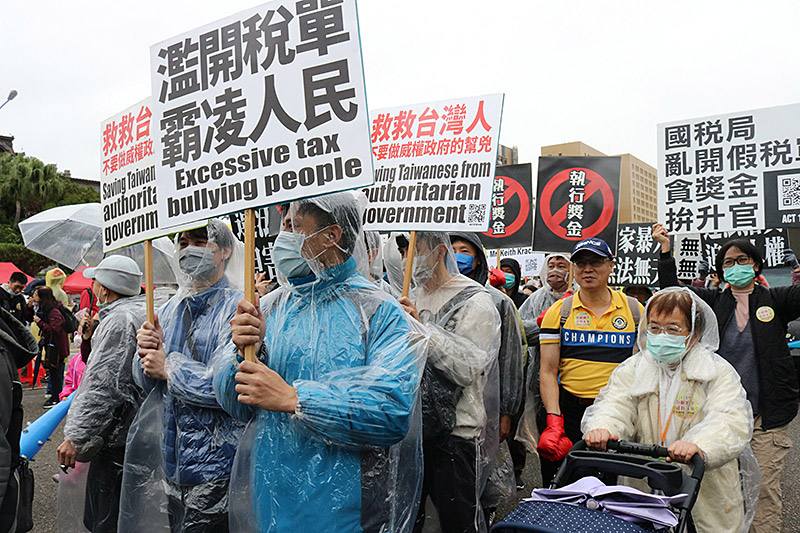Iran Nuclear Talks Move to Third Day
The latest round of talks on Iran's nuclear program moves to a third day Friday, after a spokesman said there were substantive meetings on Thursday. Negotiators are seeking agreement on initial steps to curb potential military aspects of the program in exchange for an easing of economic sanctions.
Officials spoke of “detailed” talks and remaining differences on several issues Thursday, leaving the impression of difficulty in the negotiating room, where the European Union's foreign policy chief, Catherine Ashton, and Iran's foreign minister, Mohammad Javad Zarif, are leading the delegations.
Ashton's spokesman, Michael Mann, said she was determined to bridge the gaps that prevented agreement at the last round of talks more than a week ago, but no one is guaranteeing success.
“It was a real meaningful, detailed, substantial negotiation trying to drill down into the details of the text to try and narrow the differences that still existed after the last round,” he said.
Iran's deputy foreign minister, Abbas Araqchi, said a solution is within reach, but “major differences” remain..
“We would have a difficult job to make, to bridge between these differences," he said. "I think what we need is goodwill and real willingness and determination to resolve these differences.”
The negotiators also need some creative solutions, believed to involve how much relief Iran will get from the international economic sanctions in the first stage, and how much it will restrain its nuclear program while negotiations continue on a long-term agreement. Amid all the talk of bridging gaps, no one is providing specifics.
The long-term goal is to assure the international community that Iran's nuclear program is purely peaceful, as Tehran claims, and eventually to end the sanctions.
At the Center for Security Studies in Zurich, senior researcher Roland Popp says it will not be easy.
He said, “Either the Iranians have to practically forgo everything they invested into their nuclear program so far, or the Western countries have to accept that Iran will have an option, in the future, if it ever decides to build nuclear weapons, to leave the non-proliferation treaty and actually proceed down the path to weaponization, as, for example, North Korea has done. o it’s very tricky.”
Some analysts are concerned that the two sides will not be able to bridge that gap, even if these first-stage talks succeed.
Source: Voice of America
- 369 reads



